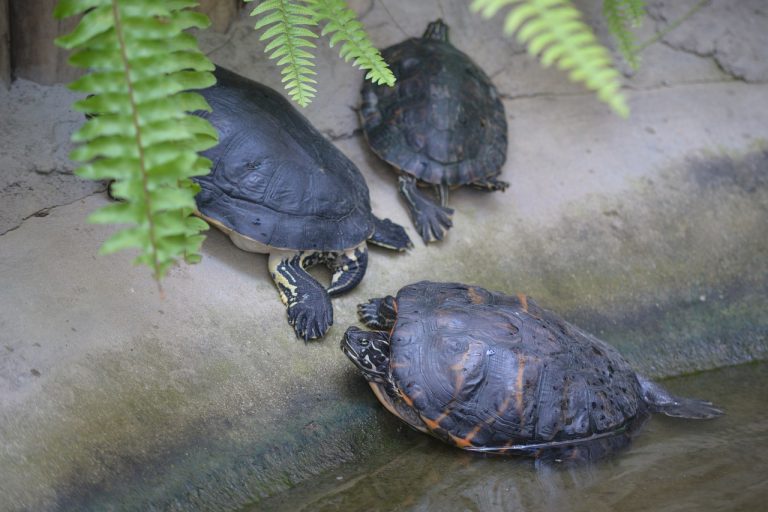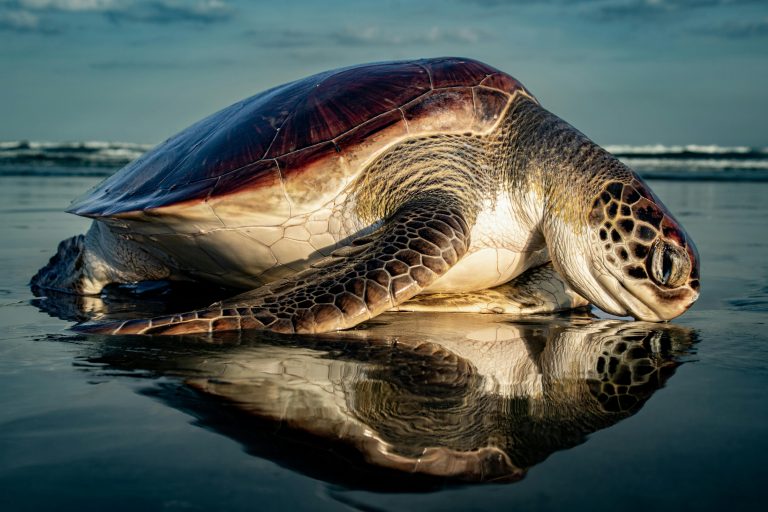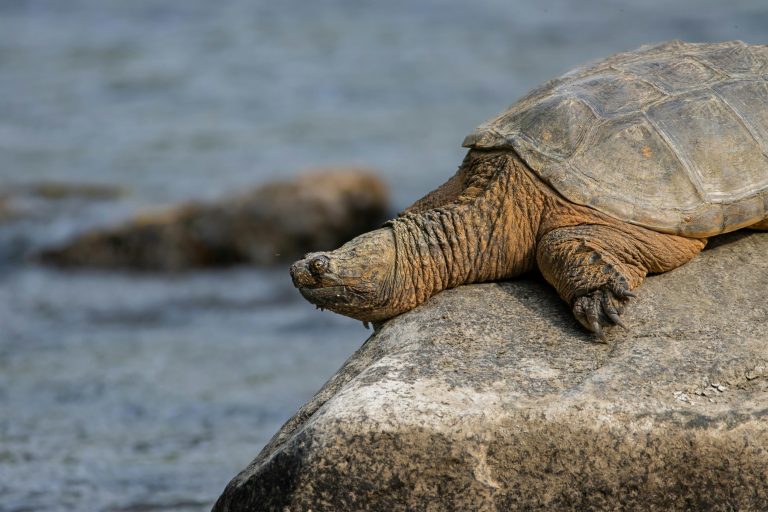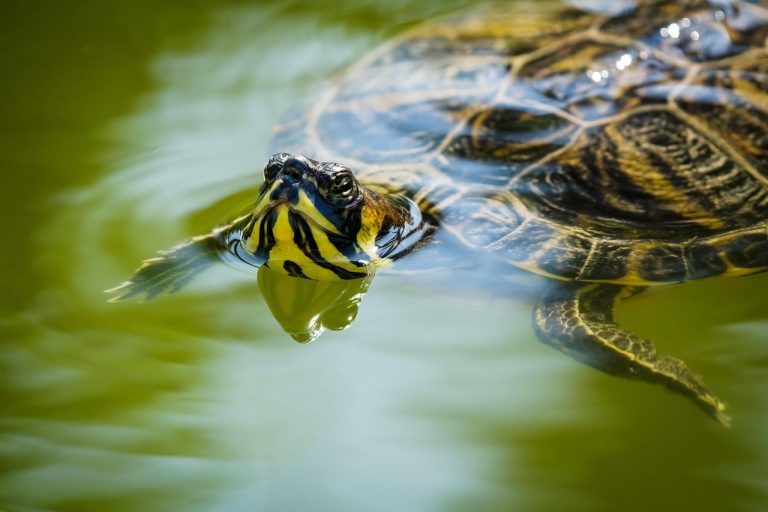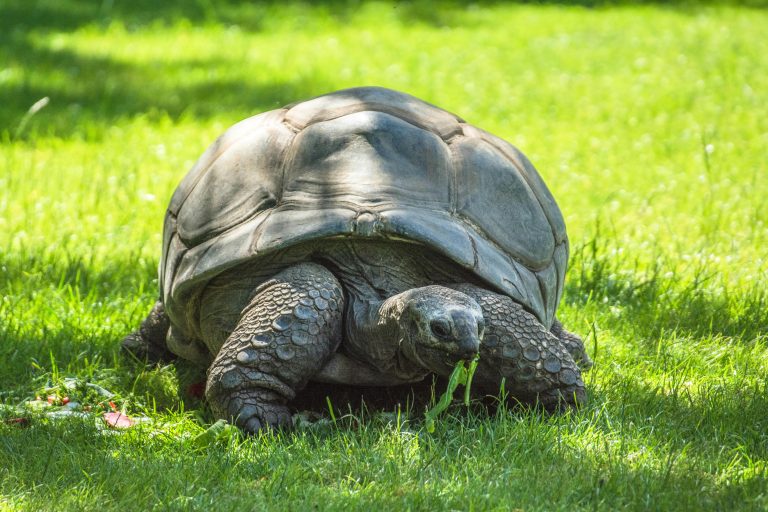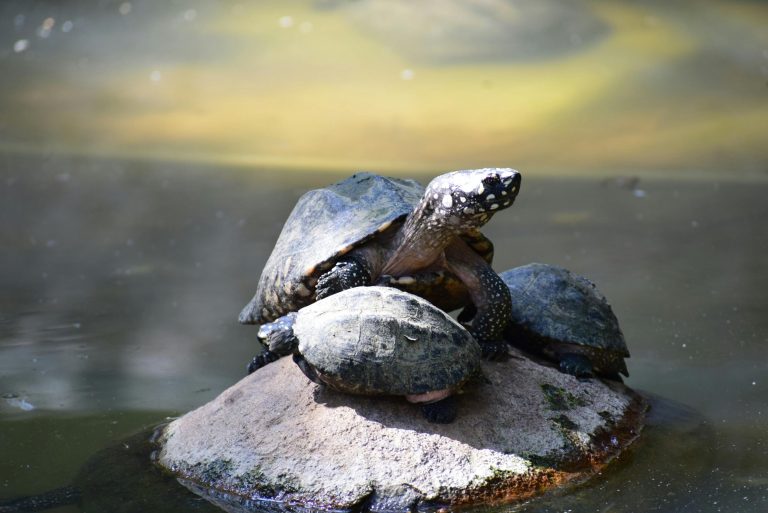Can Turtles & Tortoises Eat Spinach?
If you love your furry or scaly friend and want to ensure their well-being, adding some variety to their diet can be a fantastic way to keep things exciting and engage their minds. This goes for all pet owners, including those who have turtles or tortoises as companions. However, there are some risks to be aware of.
When it comes to turtles and tortoises, they can munch on spinach, but it should be in moderation and as an occasional treat. It’s not something they should chow down on every day. Spinach contains oxalic acid, which can mess with their ability to absorb calcium properly, potentially leading to health issues down the line. So, while a little spinach now and then won’t hurt, it’s best to keep it as just a small part of their overall diet.
It’s a fact that nearly every species of animal has a food that can be deadly to it. Take chocolate, for instance, which can be harmful to dogs. It’s crucial to do your research before introducing any new food to your pets.
If you’re a reptile owner and are contemplating adding spinach to your pet’s diet, you’re in the right spot. Here, we’ll delve into whether spinach is a suitable choice for your reptilian companion, specifically turtles or tortoises.
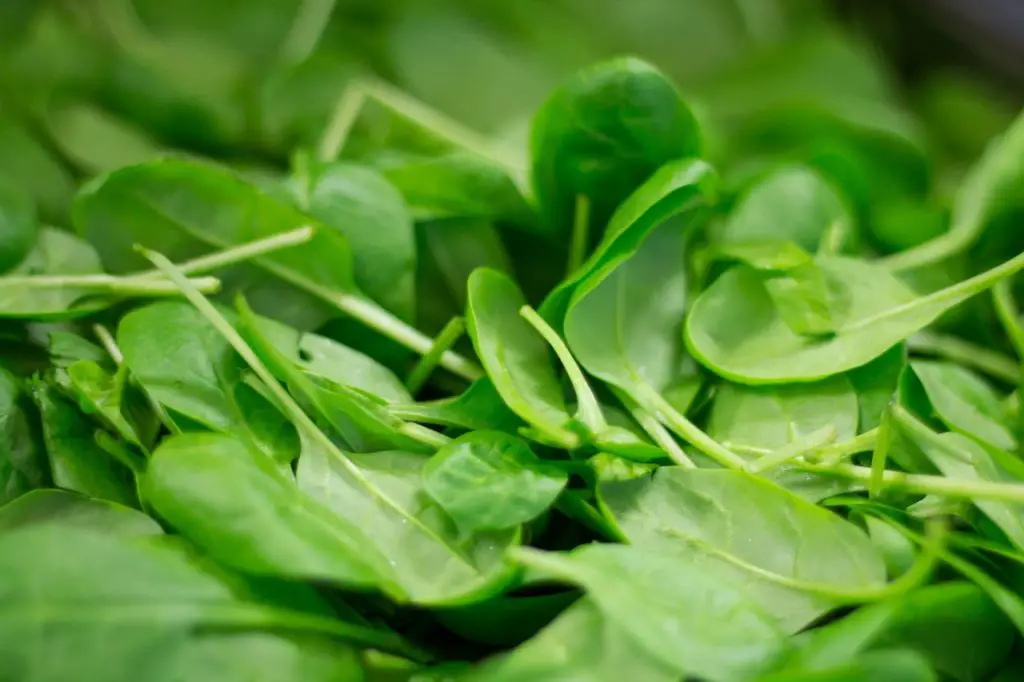
Is Spinach Safe For Turtles?
Turtles have a varied diet, encompassing fruits, veggies, and leafy greens. However, there’s a common misconception among turtle owners that spinach is a suitable addition to their pets’ meals, given that other leafy greens like kale, collard, mustard, and dandelion greens are recommended.
On the surface, spinach appears to be on par with these other greens in terms of nutritional value, so what’s the harm in offering it?
Well, truth be told, spinach is one of the few items that you should steer clear of when it comes to your turtle’s diet, as it poses risks to their health.
Despite its many health benefits for humans, spinach contains oxalates and oxalic acid, making it unsuitable for turtles to consume regularly. Why? Because oxalic acid interferes with calcium absorption, which is crucial for your turtle’s overall health.
When consumed, oxalic acid binds to oxalate in the digestive tract, inhibiting the absorption of calcium. This calcium deficiency can lead to weakened bones, a fragile shell, and adverse effects on vital organs like the heart, muscles, and nervous system. Over time, this could result in the development of metabolic bone disease (MBD), a potentially fatal condition for turtles.
While your turtle may nibble on a small amount of spinach without immediate signs of distress, the long-term consequences of a diet rich in spinach will eventually become evident.
Even if you try to compensate by sprinkling calcium powder on your turtle’s food to boost their calcium intake, the risks outweigh the benefits in this case.
Therefore, it’s best to err on the side of caution and avoid feeding spinach to your turtle altogether, as many veterinarians strongly advise against it due to the significant health hazards it presents.
In summary, while an occasional nibble of spinach might not cause immediate harm, it’s wise to prioritize other leafy greens and vegetables in your turtle’s diet to ensure their long-term well-being.
Can Spinach Be Fed To Tortoises?
Please, refrain from attempting to feed spinach to your tortoise.
As you’re likely aware, spinach contains oxalic acid, which binds in the gut and impedes calcium absorption. Feeding your tortoise a significant amount of spinach can lead to digestion issues and hinder its ability to absorb essential nutrients.
This could result in the same health problems associated with cardiac issues, soft shells, and bone deformities.
While other dark leafy greens like kale and collards also contain oxalic acid, spinach has the highest concentration. So, while it’s okay to include kale in your tortoise’s diet, feeding it in large amounts might cause stomach upset and other health issues.
Spinach, however, contains a substantial amount of oxalic acid, making it a riskier option for your tortoise’s meal.
If you’re looking for a nutritious alternative to spinach, kale is an excellent choice for your tortoise. To ensure your tortoise gets enough calcium, you can sprinkle some calcium powder on the kale before serving it. But remember, occasional feedings will provide the benefits of the vegetable without exposing your tortoise to any potential risks.
In summary, while kale can be a part of your tortoise’s diet, spinach should be avoided altogether to prevent any adverse health effects.
How Much Spinach Can Tortoises Eat?
Is it possible to overdo it with spinach in your tortoise’s diet? Pinpointing an exact quantity is challenging. However, it’s essential to aim for a diverse diet for your tortoise, with approximately 80 percent comprising of greens and the remaining 10 percent consisting of fruits and other vegetables.
In addition to their regular diet, tortoises require a calcium supplement. Including a small amount of spinach in their meal is acceptable if desired.
However, the primary components should primarily be romaine lettuce, kale, collard greens, mustard greens, and dandelion greens. To add variety, you can incorporate other options such as bok choy, butter lettuce, red leaf lettuce, escarole, parsley, and watercress.
Can Spinach Be Fed To Russian Tortoises?
Russian tortoises are indeed one of the most favored species when it comes to pet tortoises. However, they must adhere to the same precautions regarding spinach consumption as other tortoise varieties.
Excessive intake of spinach can potentially disrupt calcium absorption in Russian tortoises, just like it can for other tortoise species. It’s advisable to offer spinach in small quantities to avoid any adverse effects.
How Should You Feed Spinach To Turtles And Tortoises?
When purchasing baby spinach leaves for your turtles and tortoise, there’s minimal preparation needed before feeding them. Simply wash the leaves thoroughly and dry them with a towel.
It’s crucial to ensure that the spinach leaves don’t have a foul odor or any signs of bugs crawling on them before serving them to your pets. You can add a few spinach leaves to the assortment of greens you regularly feed your tortoise. Fresh and unprocessed greens are the best choice for their diet.
Conclusion
If you’re wondering about the best diet for your turtles and tortoises, there are a few factors to consider. You’ll need to take into account the species, size, age, and living environment of your pets.
Most turtle species are omnivores, meaning they eat both plants and animals. On the other hand, tortoises primarily thrive on a diet of fresh, leafy greens, complemented by a variety of other vegetables for added nutritional diversity.
